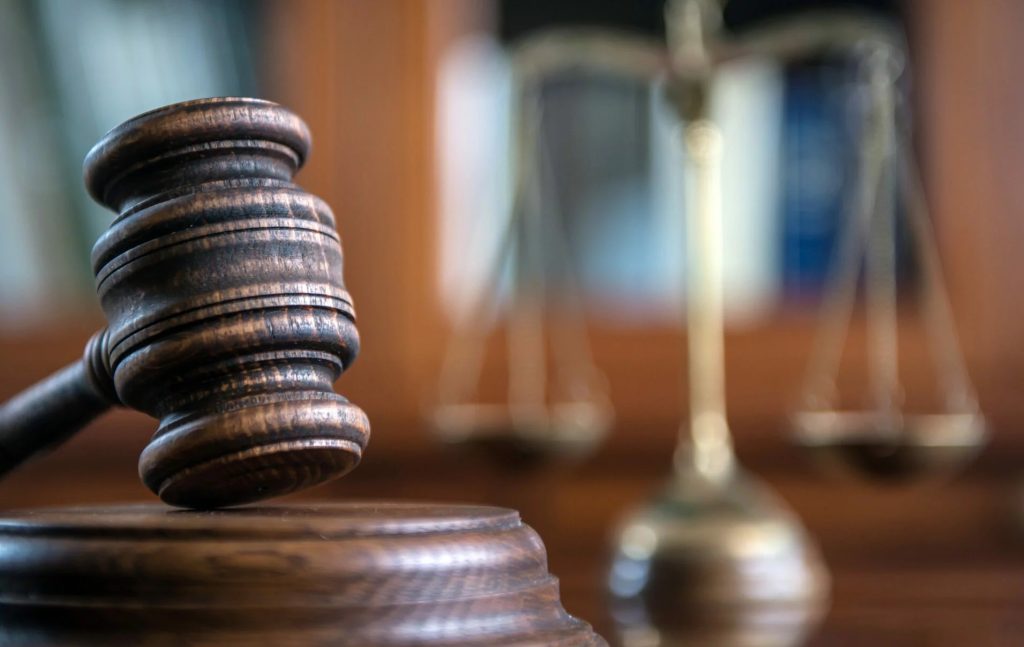A claim for judicial review has been filed challenging the appointment of Eddy David Ventose as a Justice of Appeal to the Eastern Caribbean Supreme Court. Justice Ventose was appointed to the appeals bench at the beginning of this year, during the concluding months of Dame Janice Pereira’s term as Chief Justice and Chair of the Judicial and Legal Services Commission (JLSC).
Former Attorney General of Grenada James A.L. Bristol KC, brought the legal challenge, questioning the validity of Ventose’s appointment by scrutinizing his qualifications under the West Indies Associated States Supreme Court Order of 1967 and JLSC regulations.
Bristol, who was a member of the Search Committee responsible for vetting applications for the next Chief Justice, emphasized that “the fundamental importance of the issue to the administration of justice” necessitated pursuing the judicial review.
The dispute centres on Ventose’s qualifications for the role. According to Bristol’s affidavit, Ventose does not meet the criteria specified in Section 5(2) of the Supreme Court Order, which requires a candidate to have either served as a judge for at least five years or practised as an advocate in a court of unlimited jurisdiction for a minimum of 15 years.
Ventose had applied for the position of Chief Justice in 2022, seeking to succeed Dame Perera. In February 2024, following the position’s re-advertisement, the committee considered his application once again, denying it after it was determined that he was not qualified for the position. Because the requirements are the same, the committee found that Ventose also lacked the qualifiations for his January 8, 2024 appointment as a Justice of Appeal. A letter dated April 30, 2024, communicated these findings to Ventose.
In response, Ventose refuted the search committee’s decision, calling the statements about his qualifications “unfortunate and inaccurate” and accusing the committee of acting beyond its authority to comment on his appointment to the ECSC’s appeals bench.
The matter was escalated to JLSC Chair Dame Janice Pereira, with both Ventose and Search Committee Chair Sir Dennis Byron raising concerns to Dame Janice. The JLSC ultimately stated that it was, and remained satisfied that Ventose met the relevant criteria.
The matter appears to hinge on the interpretation of the criteria specified in Section 5 (2) of the Supreme Court Order and what qualifies as practising as an advocate.
While Ventose’s application listed roles such as “Professor of Law” and “Senior Legal Advisor,” Bristol argued that these did not demonstrate active practice as an advocate and therefore failed to satisfy the criteria outlined in Section 5(2). Similarly, Sir Dennis Byron, chair of the Selection Committee, noted in a May 7, 2024 letter that the legislative provision specifically addresses practice in civil and criminal matters, and therefore “distinguishes the practice of an advocate from other legal services.”
Additionally, a letter from the Registrar of the Supreme Court of Barbados revealed that as of October 2024, Ventose had not paid bar fees since 2018, further casting doubt regarding his length of service as a practicing advocate.
At the time of the filing, Bristol calculated Ventose’s total tenure as a High Court judge and legal advisor was calculated at 12 years, falling well short of the mandated 15 years.
The judicial review seeks to quash Ventose’s January 8, 2024 appointment, with the case possibly challenging the interpretation of professional qualifications for judicial appointments in the Eastern Caribbean Supreme Court system.

